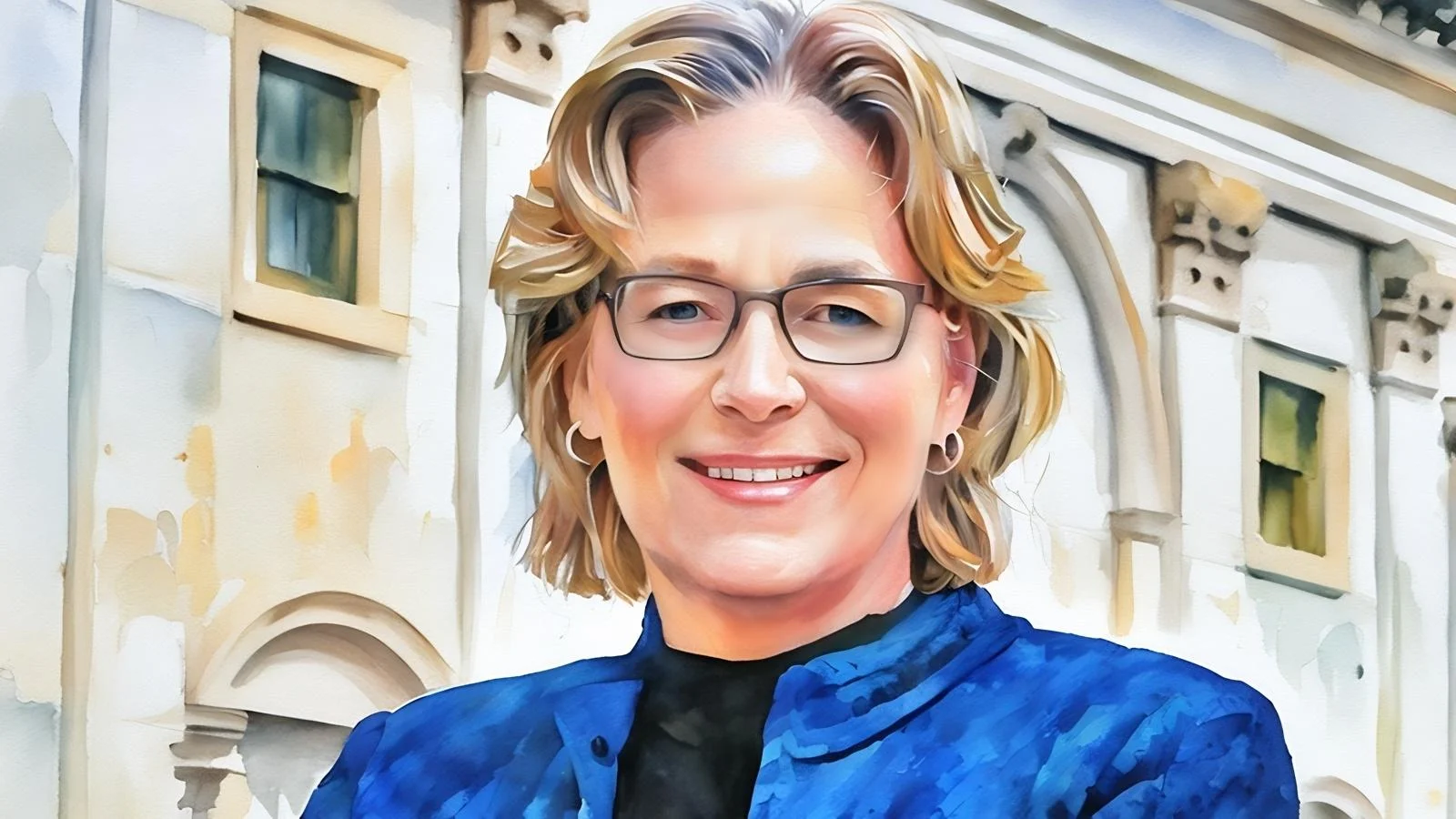America’s national debt is about to soar past $36 trillion, moving concerns about the consequences of unchecked federal deficits from abstract theory to economic urgency. Interest payments now exceed defense spending, and Congress hasn’t passed a timely budget in decades.
As the fiscal outlook grows more precarious, former Congresswoman Carolyn Bourdeaux is sounding the alarm with a call for pragmatic, bipartisan reform.
Now leading the Concord Coalition and its Action Fund, Bourdeaux argues that the U.S. must return to a culture of fiscal discipline through regular budgeting, honest trade-offs, and public engagement. Her message: balancing the budget isn’t about austerity—it’s about responsibility.
Dr. Bourdeaux, who served in the House from Georgia, is now the Executive Director of the Concord Coalition and its Action Fund, both of which are focused on bringing fiscal responsibility to the federal budget process. Her mission is to tackle the $36 trillion national debt and push Congress to do what every household, state, and responsible institution must—balance their books. “We want the revenue line to meet the expenditure line,” she says. “Really simple. We want the deficit to go to zero.”
Her experience spans academia, state government, and Capitol Hill. A former associate professor at Georgia State University, she also served as director of Georgia’s Senate Budget Evaluation Office, where she worked with Republican leadership to balance the state’s budget. That grounding in bipartisan fiscal discipline shaped her political view. “One of the things I observed was a legislature that actually balanced the budget,” she recalls. “We have completely lost faith that Congress can actually do its job.”
Bourdeaux entered Congress in 2021 and joined the bipartisan Problem Solvers Caucus and served as co-chair of the Blue Dog Coalition’s fiscal task force. She found herself shocked by the lack of structure and accountability. “Nothing is passed on time–nothing is done in any kind of coherent, cohesive way,” she says. “There’s no sense of trying to reconcile revenues and expenditures at any point.”
The growth in debt, she explains, is largely due to entitlement spending—Social Security, Medicare, and Medicaid—combined with consistent tax cuts and a failure to pay for increasing benefits. “Our population has been aging, and health care costs have been going up,” she says. “We just haven’t been paying for what really are the retirement benefits for the nation. And now we're in a tough spot.”
She urges a return to regular order—the constitutional process of Congress proposing, passing, and evaluating a budget—something the states continue to do. “The Georgia legislature,” she says, passes its budget “well before the beginning of the fiscal year.” She says this shows every legislative body that “you can knuckle down and do it.”
For Bourdeaux, fiscal responsibility isn’t about slashing services but about making thoughtful trade-offs. “There are a lot of ways that we can save money within programs like Medicare and Medicaid that do not hurt beneficiaries,” she says. But, she says, service providers will be affected. “They maybe have less money for research–so there are always trade-offs.”
She stresses the importance of conversations about the trade-offs, something she believes is lacking in Washington. “Congress confronts the budget right now [without] an honest discussion about the trade-offs,” she says. Her favorite quote from economist friends is, “There is no free lunch.”
Asked why state legislatures are able to pass balanced budgets while Congress flounders, she credits the “culture and expectation” created by balanced budget requirements—even if those requirements are more flexible than the public realizes. “It establishes a norm… that the legislature will… bring their operating expenses into alignment with the revenues,” she says.
Bourdeaux also rejects the idea that bipartisanship is a political liability. “I believe in bipartisanship–I have worked with Republicans,” she says. Her constituents appreciated the approach, she says. She recalls a time when a voter raised her hand and asked, “Forgive me for asking this question, but why are problem solvers their own little caucus? Shouldn’t that be all of Congress?”
Bourdeaux believes the public is hungry for more pragmatic leadership. “If both parties look at their popularity right now, it’s not great. There’s a lot of room to be better,” she says. “Having an honest conversation about fiscal issues is a great way to recapture the center.”
Asked what happens if nothing changes and the U.S. continues to run $2 trillion annual deficits, Bourdeaux compares the situation to a slow, chronic illness. “It’s a disease a little bit like diabetes… you don’t know if this is going to cause hyperinflation… or stagflation… but we do know that it is a long-term extraordinary risk,” she warns.
The situation is getting worse. “Our defense is starting to crumble,” she says, and believes that “we need to rebuild some of that stuff.” She also wants more investment in research, infrastructure, and what she calls “the platform to be a great nation…” all of which she says “is being squeezed by these huge payments.”
Bourdeaux isn’t interested in rigid debt-to-GDP ratios; she just wants a path to fiscal health. “If we could just keep it [at] 100% of GDP, that would be great,” she says, though we should “try to get back to something like [60%].” She believes it can be done. “We’re not going to have to go bankrupt or impoverish ourselves to do it,” she says, “but it does require us… to make some real choices and decisions.”









